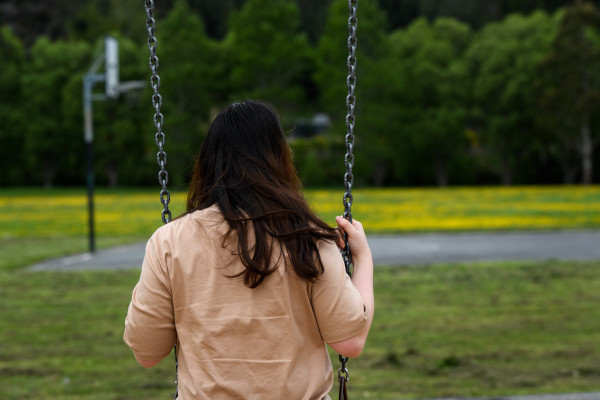Picture

Signs they may need support
Signs they might need support
Signs a kid’s being affected by family violence vary a lot and it may be hard to know how best to support them. One kid may copy the unsafe behaviour they see at home. Another kid might behave very well to avoid a negative or violent response. There are ways to help them regardless of how they're behaving.
Continue to show love with time and talking
Talk with them and listen. It’s ok to talk about what’s going on using words they understand.
Keep reminding them you love them and that the unsafe behaviour they may have seen people at home using is not their fault. Spend time with them when you can.
Make a safety plan together
Ask, ‘What makes you feel safe?’ Next time they feel unsafe at home, where could they go? What could they do?
Show them how to contact whānau, family, neighbours, or friends that you’ve let them know are safe and who can give them a safe place.
Talk about calling 111 and what to say in an emergency. Teach them to say their address, and practise.
Consider having a code word that means ‘leave now’.
Tell the teacher if you think it’s wise
Consider talking to their teacher and school if you think this would make them safer. Discuss this with your kids before you do to be open and honest with them about who knows what information.
Teachers have a responsibility to report it if they believe kids are being harmed or exposed to violence and abuse. They may contact Police or Oranga Tamariki if their school’s Child Protection Policy requires them to.
Empower your kids
Keep up routines, making days as normal and routine as you can. This helps when things are uncertain or have changed.
Give them choices with some things during the day. Choosing little things such as what to eat or which t-shirt to wear can help them feel more in control.
Support them to connect with others — their friends, whānau, and family. Encourage them to stay involved with their school, and any positive sports, arts, cultural, faith, and social activities.
Teach them it’s never ok to be violent or to harm others, in any way.
Get additional support if you’re worried
If their health, wellbeing, or behaviour is worrying you, reach out to a helping organisation, a doctor, counsellor, teacher, or anyone else you trust.
It’s also ok to get help for yourself so you can help support your children more.
Keeping you and your kids safe
If you feel your kids might not be safe, there are ways to quickly get legal protections in place for them and for you. Here are two ways.
Police – ‘urgent response’
Consider calling the police on 111 — tell them you need an ‘urgent response’. The police can issue a Police Safety Order immediately. Then while it’s in place, you can apply for a Protection Order.
‘Without notice’ applications for a Protection Order
You don’t need a lawyer but if it’s an option for you, ring your family lawyer. An application can be urgently referred to the Family Court ‘without notice’, for either a protection order or an urgent hearing over the parenting arrangements. The Judge will consider your case within 24 hours of them getting your application. A lawyer will represent you in court and if you can’t afford one, you may be able to get legal aid. This is where the government pays some of or all your lawyer’s bills. You may have to pay back some of or all the money, but costs related to Protection Orders don’t have to be repaid.
There’s more information about applying for a Protection Order, including the forms you need, on the Ministry of Justice website.
You can also find more information about the law, family violence and children on the Community Law website, or contact one of their local law centres for more legal help.
